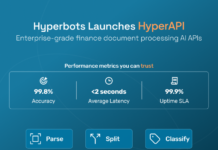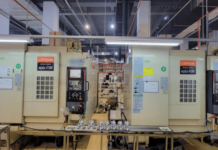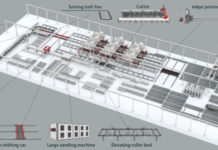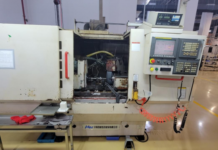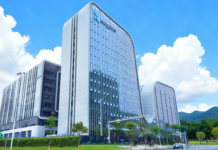Modern technology has impacted every segment of human life, so it has also impacted food production, which can be seen in vertical farming, automated harvesting, etc.
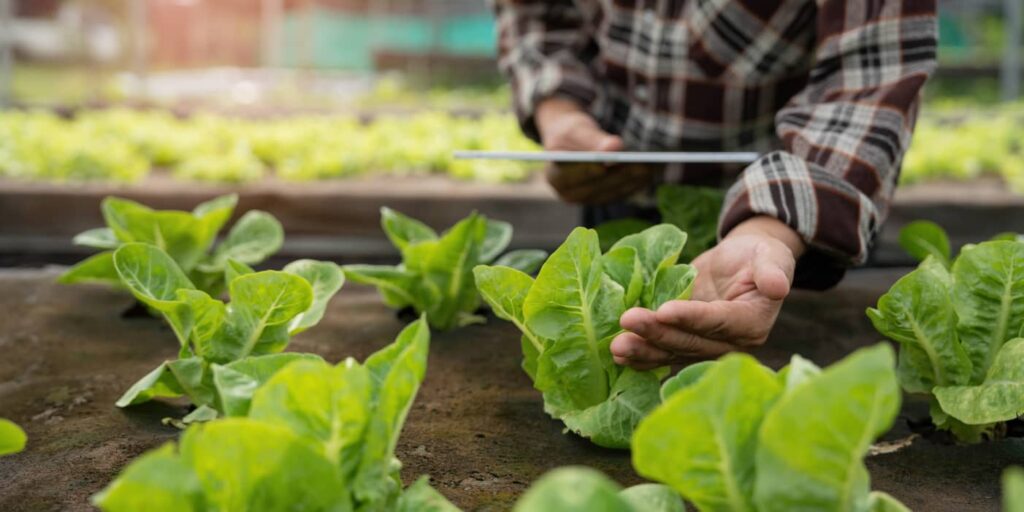
We are living in an era of rapid technological advancements. This naturally shows the impact of modern technology in various sectors and industries all across. Similarly, the food production industry is no less, which has witnessed a significant transformation over the last few years with the integration of cutting-edge modern technologies.
These innovations have absolutely revolutionized everything, starting from the way we grow, and manufacture food, and process to how we manufacture food items. This led to improved sustainability, increased efficiency, and increased product quality. So, here are the top 8 ways modern technology has impacted or is being used in today’s food production.
- Precision Agriculture
In crop production, Precision Agriculture has been an absolute game changer. It aims to optimize yields while simultaneously minimizing the usage of resources. This kind of agriculture relies heavily on modern technologies like drones, capturing detailed images of crops. These detailed ariel pictures provide important details of the growth patterns, health, and requirements of nutrients. On the other hand, soil sensors provide insights into nutrients, moisture, and temperature that help farmers understand and enable the right conditions for optimal growth. There is also data analytics machine learning that analyzes massive data sets and offers valuable information along with predictive methods. This allows farmers to tailor their practices to mitigate risks.
- Automated Harvesting
Automated harvesting in food production has revolutionized the productivity of production and its efficiency by employing robotics and advanced types of machinery. Farmers nowadays use robotics arms with build-in computer vision capabilities and sensors that can mimic human dexterity. These can pick up crops at optimal ripeness, minimizing waste in food production. Autonomous vehicles and machinery are now guided by GPS, so they can navigate the fields and also engage in performing tasks with the highest accuracy. The several benefits of using automated harvesting in food production include reduced labor time and costs, improved product quality, optimized harvesting process, and enhanced freshness along with resilience to different weather conditions on the field.
- Vertical Farming
This is a kind of farming that addresses the requirement for sustainable food production. It maximizes crop yield in limited space. Vertical farming involves stacking the cultivation of food crops in controlled environments. So different technologies like aeroponics and hydroponics are used here. Aeroponics technology minimizes water usage as it promotes nutrient absorption. On the other hand, hydroponics is used to deliver nutrients directly to the roots of the plants and helps in conserving as well as absorbing the nutrients. Vertical farms can provide year-long production, reduce pesticide use, maximize the efficiency of land use, and offer fresher produce.
- IoT In Food Safety
The Internet of Things or IoT is used in ensuring food safety by monitoring the entire process in real-time. It also uses quality control and traceability to make food production better. Farmers use IoT devices to monitor parameters such as temperature, air quality, and humidity. This enables early identification of risks in the field and production. When done correctly, temperature monitoring can prevent spoilage and the IoT sensors can raise alarm for divergence. With barcodes or RFID tags, IoT can enable traceability that aids in identifying contamination sources along with easing recalls. Using machine learning for predictive modeling and other advanced analytics, the data collected from these devices can be analyzed. On one hand, IoT devices reduce manual inspections, enable prompt decision-making, and enhance transparency. On the other hand, it reduces waste, improves transparency, optimizes inventory management, and delivers top-tier quality food production.
- Blockchain Technology in Supply Chain Management
This technology revolutionized supply chain management as blockchain technology increased transparency, trust, and traceability. Farmers can use end-to-end traceability they can use an immutable digital ledger to record food product transactions. This reduces fraud related to food production and ensures accurate labeling along with allowing customers to get full details about any product’s origin and history. Using blockchain technology eliminates any intermediaries, which fosters further collaborations, connections, and trust among several supply chain partners. Furthermore, this technology enables swift response to recalls, and it also has the ability to incentivize sustainable practices. Moreover, the technology supports responsible food production. So, overall, integrating blockchain technology in food production improves transparency, and enhances trust and integrity in the entire production system.
- Robotics in Food Processing
One of the most important parts of food production is food processing and robotics in the process has advanced it to certain degrees. Integrating robotics in food processing has improved efficiency, safety, and consistency. Farmers can take robots and use them to perform tasks like inspecting, sorting, quality control, and packaging. Robots excel at sorting with accuracy and quick speed, which can rescue human errors greatly. Robots inspect for contaminants and defects that ensure the high quality of products. Robots can package products efficiently, which increases food safety and speed. Several advantages of using robots in food production include high hygiene maintenance, reduced labor costs, improved efficiency, improved consistency, along enhanced satisfaction among consumers.
- AI in Food Safety Assurance and Quality Control
AI or Artificial Intelligence has transformed every other industry, so it has impacted the food production industry greatly as well. In this industry, AI usage has transformed quality control and food safety assurance as it enables more precise and faster inspections, regulatory compliance, and contaminant detection. When AI algorithms are used by framers in visual inspection, they quickly detect faults in food products which ensures higher quality, consistently. Artificial Intelligence also precinct quality issues and risks, which enhances the efficiency of the supply chain and enables proactive measures. Furthermore, AI can use pattern recognition to detect contaminants, preventing these faulty products from reaching the customers in the market. AI technology also maintains safety standards by monitoring parameters during the production stage. Farmers use AI to analyze data by optimizing production processes. This significantly reduces waste and increases efficiency in food processing. When farmers integrate AI into the process, they can improve inspections on one hand, and on the other, it increases contaminant detection and compliance along with overall safety.
- Genetic Engineering and Biotechnology
Genetic engineering and biotechnology have brought innovative solutions to improve crops, resistance to environmental stress and pests, and increased yield, which significantly impacted the overall process of food production positively. When genetic modification is done on plant DNA, it alters to receive the desired results. This can be compared to enhanced nutrition or herbicide resistance. At the same time, the modification is also applied to livestock breeding to get improved traits. Different breeding techniques like marker-assisted selection and gene editing expedite trait development. On the other hand, biotechnology contributes greatly to sustainability as uses biofuels and other eco-friendly biomaterials. Farmers who responsibly implement biotechnology into food production make a sustainable, resilient, and secure food supply.
The above-mentioned technologies have impacted and empowered the industry of food production which caused a big revolution. This was intentionally done to meet the standards of safe, nutritious, and sustainable food and the ever-growing global demand for it.


